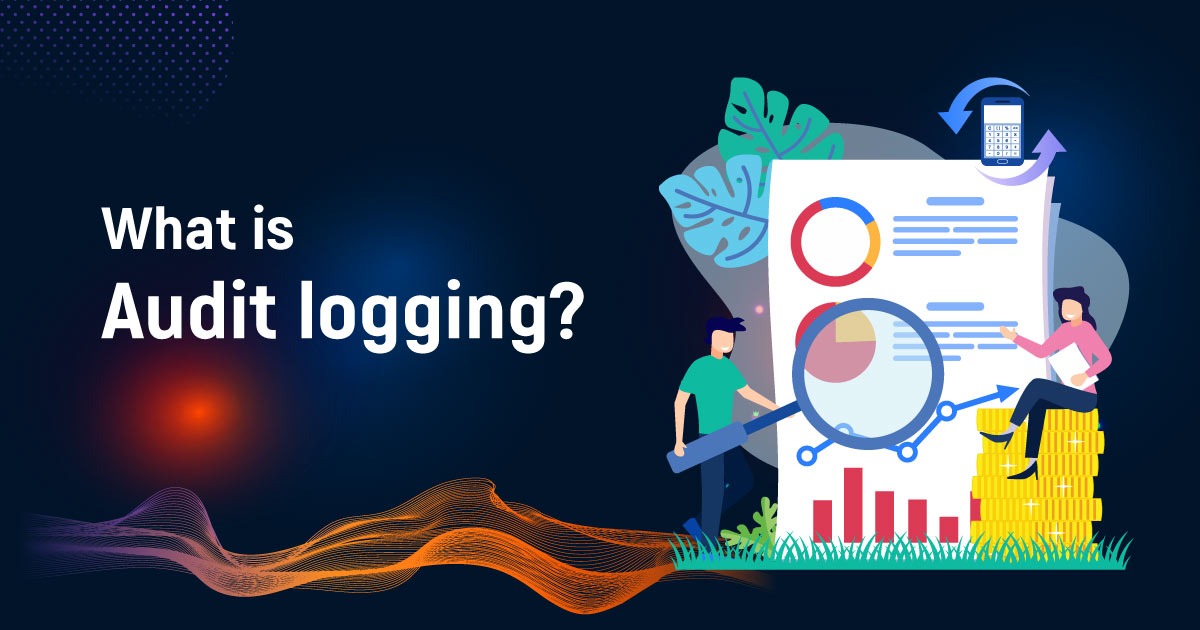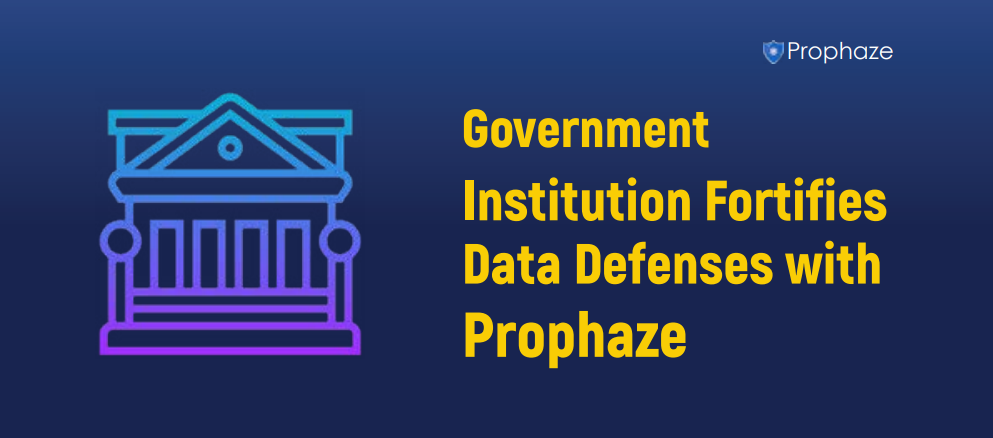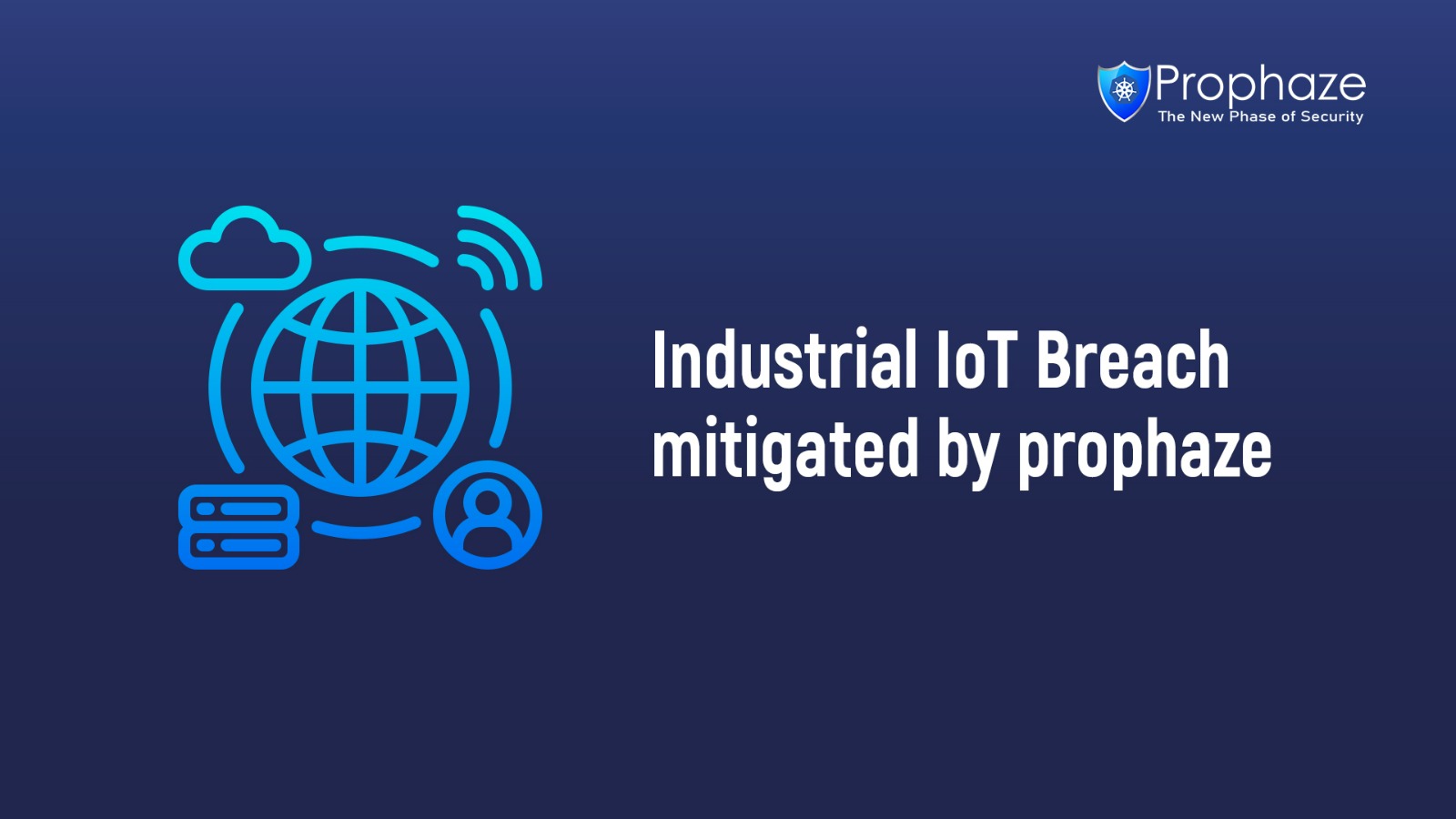Audit logging is a critical component of cybersecurity that helps organizations monitor and record events that occur within their systems and networks. This includes recording user activity, system events, and changes to configuration settings. Audit logs provide a comprehensive record of activity that can be used to investigate security incidents, track user behavior, and comply with regulatory requirements.
Importance of Audit Logging
Audit logging is essential for cybersecurity for several reasons, including:
Threat Detection:
Audit logs can help organizations detect potential security threats such as unauthorized access attempts or suspicious behavior.
Forensic Analysis:
Audit logs can be used to investigate security incidents and determine the source of a security breach.
Compliance:
Many regulatory standards such as HIPAA and GDPR require organizations to maintain audit logs to demonstrate compliance with security requirements.
Various Aspects of Audit Logging

There are several topics related to audit logging that organizations should be aware of, including:
Log Retention:
Organizations should establish policies for how long audit logs should be retained, based on regulatory requirements and the organization’s needs.
Log Management:
Organizations should have procedures in place for managing and analyzing audit logs, including tools for aggregating and reviewing log data.
Log Integrity:
Organizations should ensure that audit logs are tamper-proof and cannot be altered by attackers.
How to gain maximum benefit from Audit Logging?
To get the most out of audit logging, organizations should follow these best practices:
Define Audit Logging Policies:
Organizations should establish clear policies for audit logging, including what events should be logged, how long logs should be retained, and who has access to log data.
Implement Log Management Tools:
Organizations should use log management tools to collect, analyze, and store audit logs. These tools can help organizations identify potential security threats and comply with regulatory requirements.
Monitor Log Data:
Organizations should regularly review and monitor audit logs to identify potential security threats and investigate security incidents.
Conclusion
Audit logging is a critical component of cybersecurity that helps organizations monitor and record events within their systems and networks. By implementing audit logging policies, log management tools, and monitoring procedures, organizations can proactively detect potential security threats and comply with regulatory requirements. By following best practices and staying up-to-date on audit logging, organizations can improve their security posture and protect themselves from cyber attacks.












